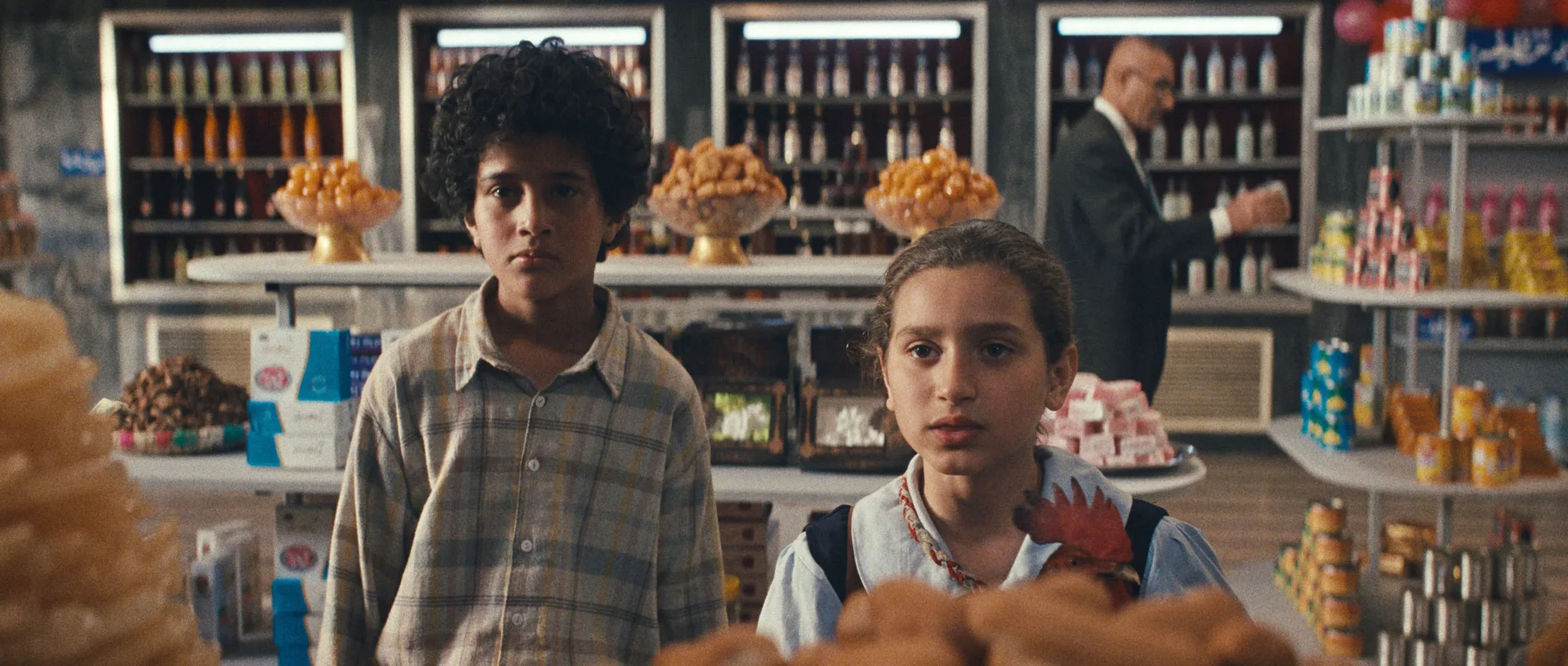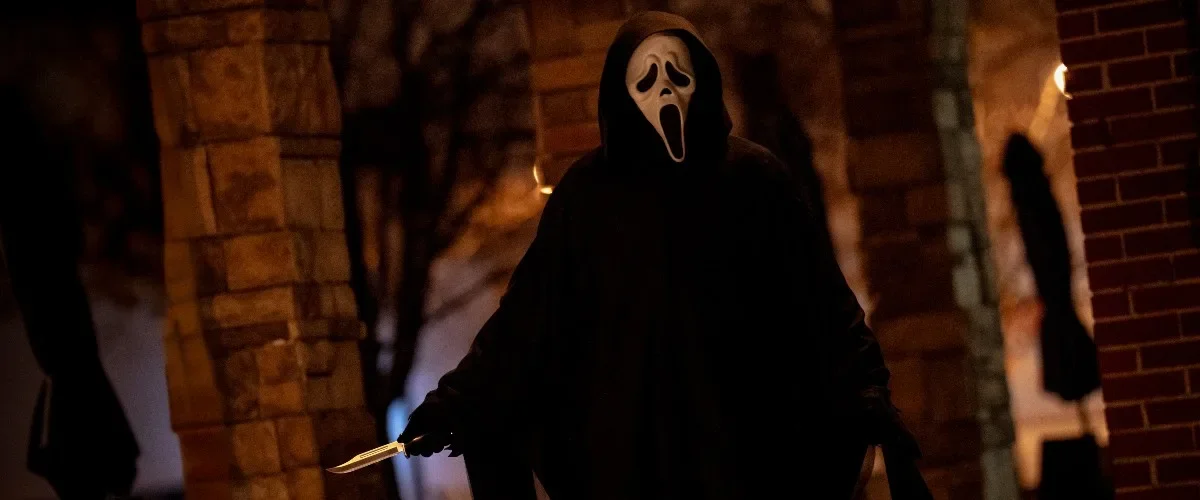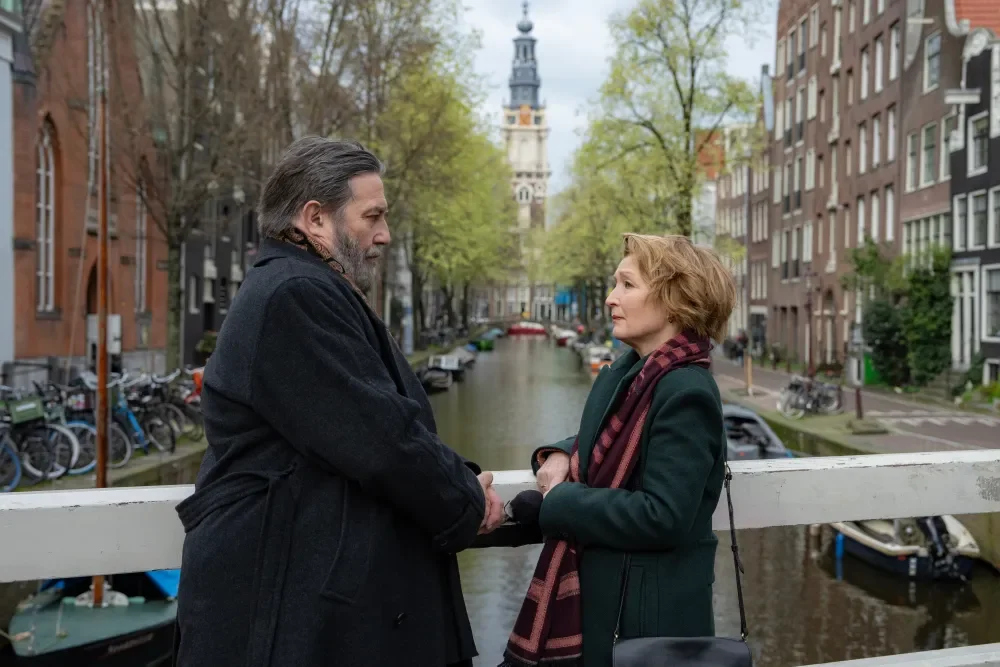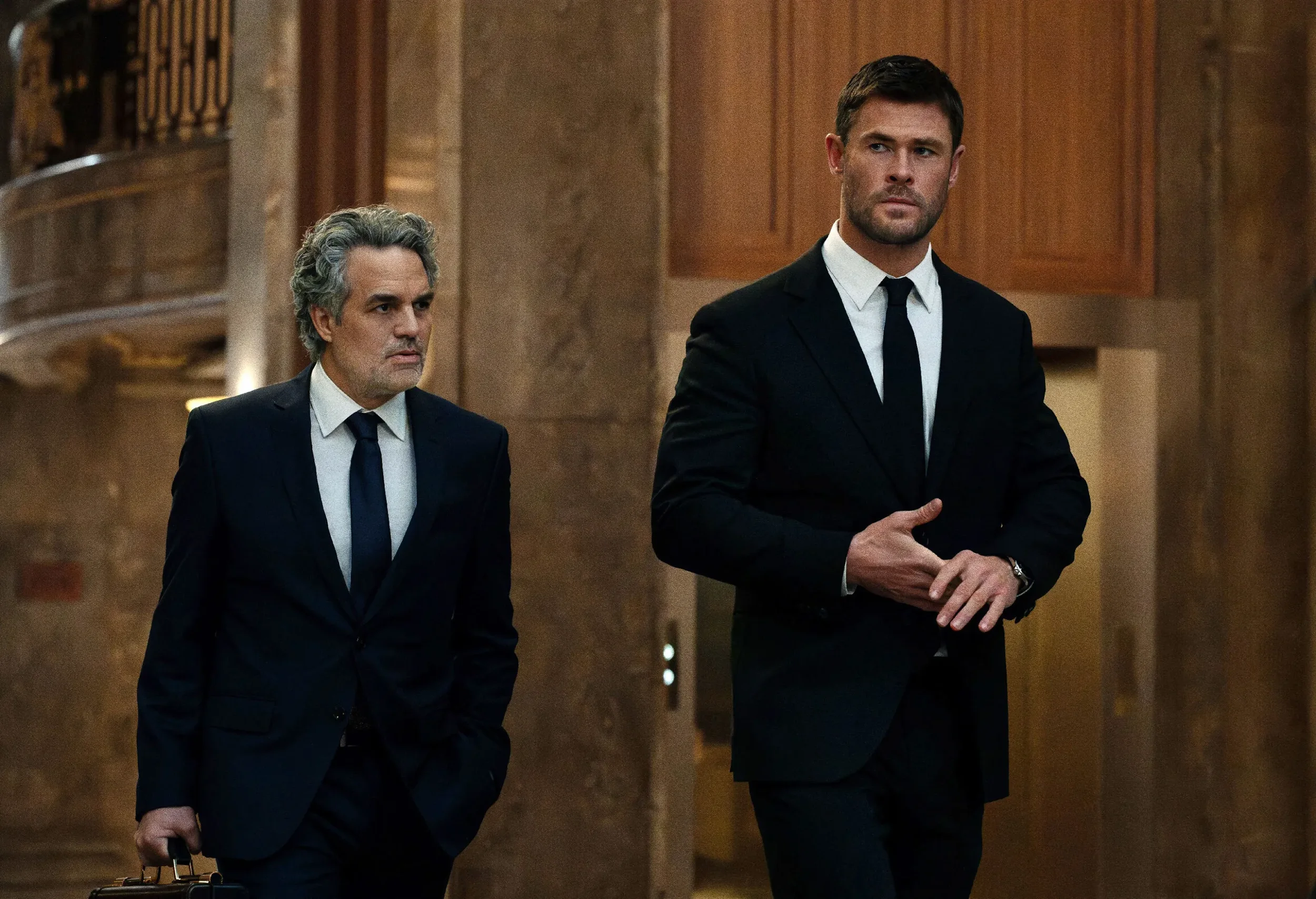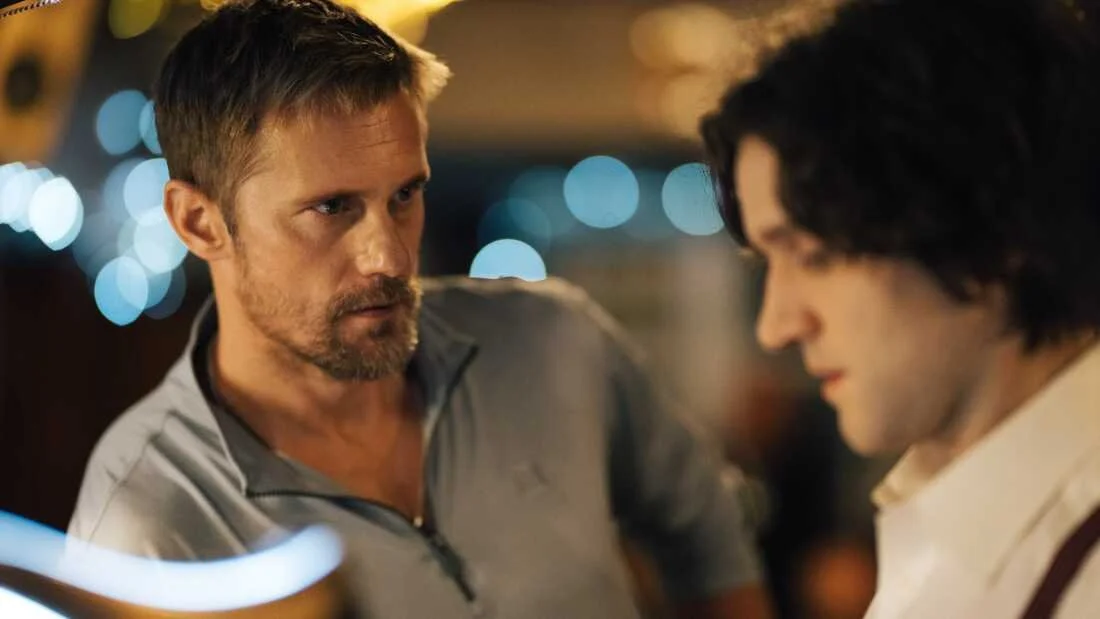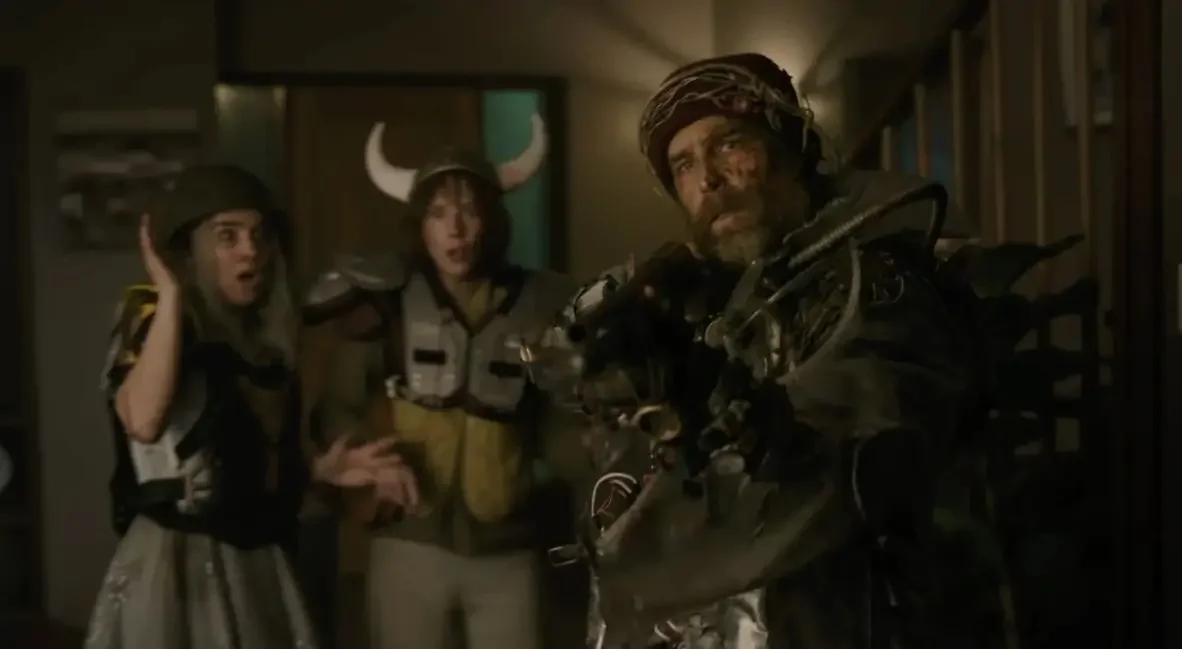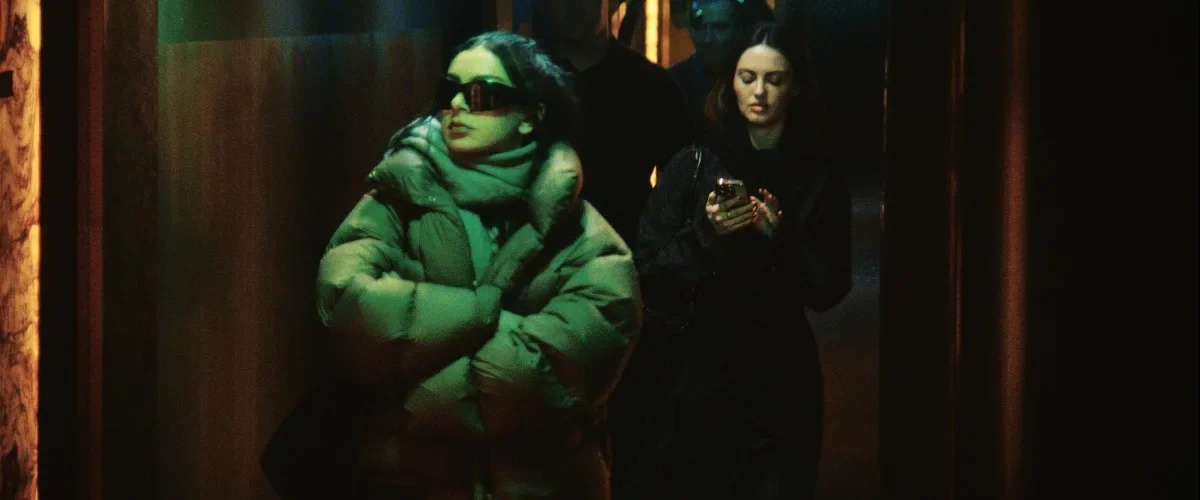THE PRESIDENT'S CAKE
Directing: A-
Acting: B
Writing: A-
Cinematography: B+
Editing: B+
Sometimes it’s worth just checking out what’s playing at your local movie theater, and looking up a movie you’ve never heard of. I had certainly never heard of The President’s Cake before doing this, when I also learned this was Iraq’s 2025 submission for the Academy Award for Best International Feature Film. It’s Iraq’s 14th submission, in fact; the country has never secured a nomination—although The President’s Cake, which made the short list, came the closest.
I’m not certain I have ever even seen an Iraqi film before. According to my extensive movie watching records over on Letterboxd.com, I have only seen 11 other films in the Arabic language; only eight of them feature length. None were from Iraq, although I have seen several excellent films from Iran. I’m used to seeing subversive storytellers using film to reflect and expose the oppressive regime in Iran, but seeing something from an Iraqi perspective is both novel and new.
Not only that, but the story in The President’s Cake centers around children—in particular a 3rd-grade girl, Lamia (Baneen Ahmad Nayyef), whose name is drawn in class as the school’s chosen student to bake a cake for the president’s birthday. This is set in 1990, so the president was Saddam Hussein, the year he turned 53. The opening title cards inform us that the country is subject to UN-backed sanctions which significantly exacerbates the population’s poverty. Nevertheless, the entire country is required to celebrate his birthday every year, and a student in every school is chosen to bake a cake. We see Lamia’s teacher pass around a box into which all students must enter their name written on paper; one kid, who arrives late, must enter his name five times as punishment. One student’s name is drawn who has to clean the school; another must bring fruit; Lamia’s name is drawn for baking the cake.
The actual capability of each kid and their family evidently does not matter. When Lamia’s classmate and friend, Saeed (Sajad Mohamad Qasem), protests that he’ll be in the city with his father, the teacher notes that it is his “duty” to report anyone who disobeys, and mentions another family who was “dragged” for a similar infraction.
The President’s Cake is very impressively staged, as Lamia travels with Bibi (Waheed Thabet Khreibat), the grandmother who is taking care of her, to the city, ostensibly for ingredients. Lamia and Bibi live in a very rural area among marshes where Lamia commutes to school and back on what appear to be community canoes. Whether here or in the city they travel to, we see constant images of Saddam Hussein, in framed photos, paintings, even a wall mural pretty impressively rendered at the local school. The students are conditioned to shout things in their class like, “We sacrifice our blood and souls for you, Saddam!” In the city, the kids weave through both bazaars and crowded processions celebrating Hussein’s birthday.
Much of the film takes place in the city, where Lamia runs away after Bibi attempts to transfer custody of her to a friend, both due to her age and her inability to afford the cake ingredients. Lamia runs into Saeed, there pickpocketing with his disabled father. Both the marshes and the city are rendered in a way that feels deeply lived-in. In both environments the people are well aware of the state of the country but barely acknowledge it, just living their daily lives as they can. In one scene in the city, where the kids try everything from selling Lamia’s late father’s watch to offering labor to thievery in attempt to secure cake ingredients (eggs, flour, sugar, sugar, and baking powder), Lamia winds up in a coffee shop with a kind of jam band performing, the singer a young woman of some sophistication.
Lamia has a beloved rooster, which she has named Hindi, she’s brought with her. This seems like an unnecessary complication to a journey into the city, but I guess you can’t expect a 9-year-old to think logically. You might be right to worry about the fate of Hindi, who kind of has an adventure of his own. Lamia meets many people as she runs around the city, of course; sometimes they’re very kind and helpful, sometimes they’re clearly bad news. Sometimes you simply can’t tell.
There’s a few scenes in a hospital, and we meet people with injuries both their and elsewhere. There are casual references to being “bombed by the Americans.” Lamia and Saeed stick together for a while; they have conflict; they have resolution. All of this unfolds with the backdrop of everyday life in Iraq, with compulsory birthday celebrations happening and jets flying overhead. Lamia is too young to be concerned with geopolitics, or even war, until its effects come right up to her. All she knows is she wants to stay at home with her Bibi, and she needs ingredients to make a cake.
I don’t have a clue what life is like in Iraq today; it’s an entirely different universe from mine. But a film like The President’s Cake, even set 35 years ago, offers valuable insight into a culture and history that Americans were long encouraged to dismiss and dehumanize—to a large degree we still are. It doesn’t feel like writer-director Hasan Hadi made this film for that purpose, but rather to tell a deeply human story from the point of view of an average person who grew up in this historical context. It’s deeply affecting, and a truly impressive feature film debut.
The resilience of scrappy kids in The President’s Cake.
Overall: B+

